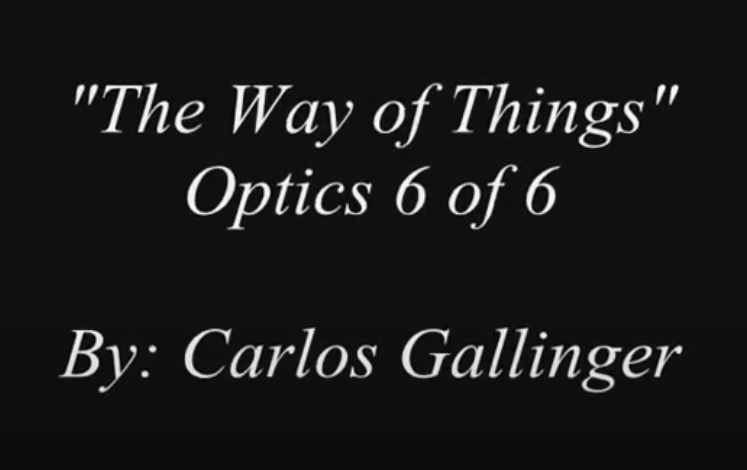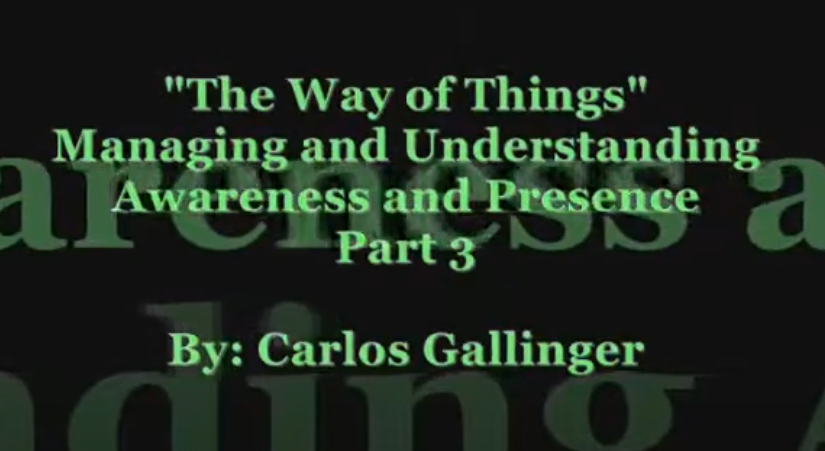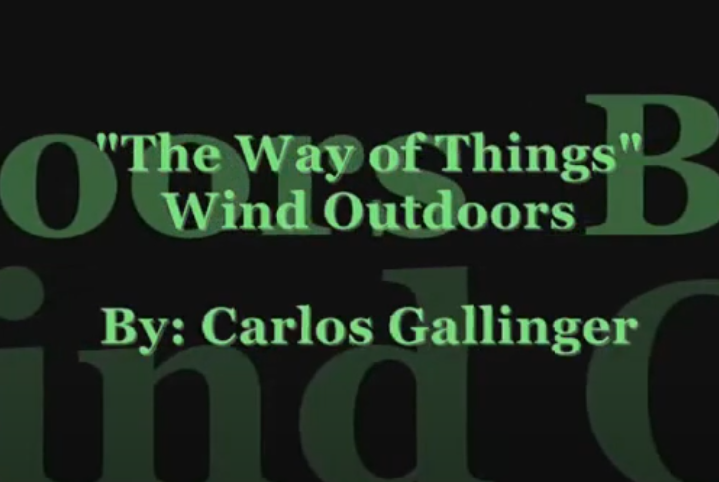The campfire is one of the things that truly define humanity and one could even say that we really weren’t really humans until we had fire. And it is interesting to note that many campfire traditions that were known to our ancestors are still practiced and are still relevant in the lives of many people today. So it is worth understanding and knowing the ancient traditions of the campfire and its history because the campfire is still part of our modern urban culture. And of course, mankind got fire long before there was any written language and so we can only speculate as to its origin.
In the beginning one single person lit a campfire and that fire is with us to this very day . One Might think that this fire was started by a forest fire that was ignited by a bolt of lightning; however, I wonder if this was enough. While no doubt this happened, the first time that there was a windstorm or monsoon rain all the fires would been put out and that would’ve been the end of it. However, if mankind got its first fire from a volcano with flowing lava it may have been a very different situation as we can see from the current eruption of Kilauea. Lava can run down the side of a volcano for many years, certainly for ten or fifteen and perhaps even a century or more. If this was the case all one would have to do is go to the edge of the lava flow and sticker a branch in to it, lighting it on fire and then take it home.
In such a manner this fire could spread from one tribal group to another, and perhaps there were tribal groups a hundred miles away or more from this lava flow that had fire. Even if a windstorm or monsoon season put all the fires out, the people would get their campfire relit and continue learning more about fire. And as the years passed they would get used to having fire and learn how to use it effectively turning it from a curiosity into a necessity. Also, with so many years passing with a stable fire source it would allow fire to spread far and wide to hundreds of not thousands of tribal groups. And some of these tribal groups were living too far away to walk all the way to the volcano to get fire, and if their neighbors were not friendly to them, these people would have explored alternative ways to start fire and one of the first to come to my mind is flintknapping.
Flintknapping is a process of breaking and shattering stone to make spear points and other cutting tools. Perhaps some hunter sitting around a campfire began making a few spear points and would’ve noticed that flint made sparks that looked very similar to the sparks that sometimes flew out of the campfire. At this point it wouldn’t have taken too much experimentation to find out that one could indeed starts fires with these sparks. And with this and other methods, fire and humanity were able to spread across the world; the fire that we brought along with us changed the environment and it changed us.
The environmental changes were many, such as forest fires, farming, and hunting animals that humans had never before hunted. And of course, having fire changed our bodies and our minds as we spread across the globe; we split up into different races with different histories in different languages. So the next time you’re at a campfire or invited to a weekend barbecue take some time to think about the ancient traditions that are still practiced there and the value they have two are modern society and perhaps ponder what it will be like when the last campfire goes out.




